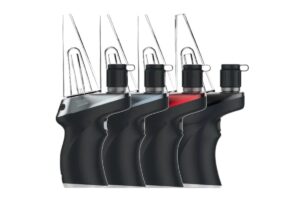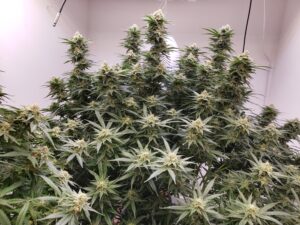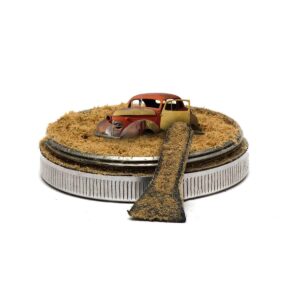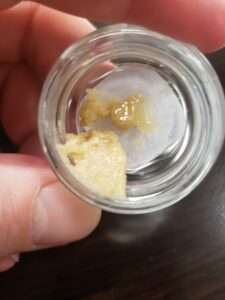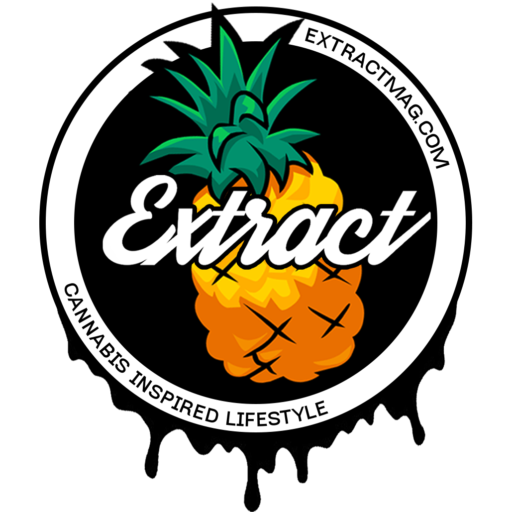There is money to be made from every spectrum of the booming cannabis industry here in Canada. From licensed producers, all the way down to law enforcement technology. The green light has been given to almost any industry that you can think of. Companies are diversifying their research and development departments in a variety of ways.
Cannabix Technologies Inc. from Vancouver, B.C. is a technology-based company developing Breathalyzers for workplace and roadside testing. The breathalyzer in development aims to focus on detecting THC in breath primarily.
This IPO based company is currently listed on the Canadian Securities Exchange, US OTC Pinksheets, and the European Frankfurt Exchange.
The current procedure for roadside testing under Canadian Bill C-46 has authorized the approval and use of saliva-testing devices. Saliva testing has been deemed the most accurate way of detecting THC in the system. Currently, there is no THC breath testing device has been approved for law enforcement use.
The current state of saliva testing has been available and active in for some time. It has been proven to be a successful method towards detecting THC levels in saliva, unfortunately that’s it’s not a particularly good measure of intoxication.
Interestingly enough, reports from the Vermont Senate Judiciary Committee recently rejected an American bill authorizing the use of saliva testing during roadside tests. There are concerns that there is a lack of scientific validity, accuracy, and the infringement of civil liberties.
Cananabix Technologies Inc. outlines the benefits of saliva testing by stating that “saliva testing effectively identifies impaired individuals and operates in cold weather conditions.”
Although, Cannabix Technologies Inc. is adamant that THC breathalyzers are the future of roadside and workplace testing. They believe that breathalyzers rather than saliva testing provide “superior sensitivity to determine impairment better”. What does the mean for cannabis users or second hand smokers?
A 2014 study put cannabis users and second hand participants in the same room for a toke, and the results are more than alarming.
Short-term exposure to high-intensity smoke from combusted cannabis resulted in non-smoker inhalation of sufficient amounts of THC to produce positive presumptive urine tests by immunoassay with a 20 ng/mL cutoff concentration, but only a single positive occurred at higher cutoff concentrations (50 ng/mL).
Keep in mind, the research available today tends to focus on urine tests, a mouth swab would presumably produce much higher levels.
Currently, the Calgary Police Service has not approved any device for roadside testing. Indications rely on physical signs of impairment, and the officers discretion.
The Edmonton Police Service has given the go ahead for the Drager DrugTest 5000, a saliva THC testing device approved by the Government of Canada.
Why is this important? Check out the chart below:
Canada’s Cannabis Impairment Laws and Regulations
2 nanograms (ng) but less than 5 ng of THC
5 ng or more of THC
Having 5 ng or more of THC per ml of blood within two hours of driving would be a hybrid offence. Hybrid offences are offences that can be prosecuted either by indictment, in more serious cases, or by summary conviction, in less serious cases.
Combined THC and Alcohol
It means that the potentiality for roadside and work cannabis screening is imminent. Whether breathalyzer or saliva tests, there is a technology, market, and system that looks to capitalize, if not, benefit on market of screen potential cannabis users for THC intake.
Source: https://www.canada.ca/en/health-canada/news/2017/04/backgrounder_changestoimpaireddrivinglaws.html




